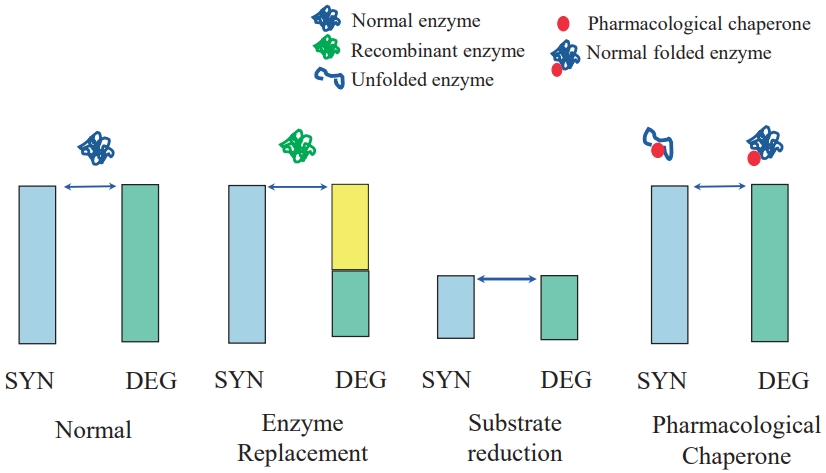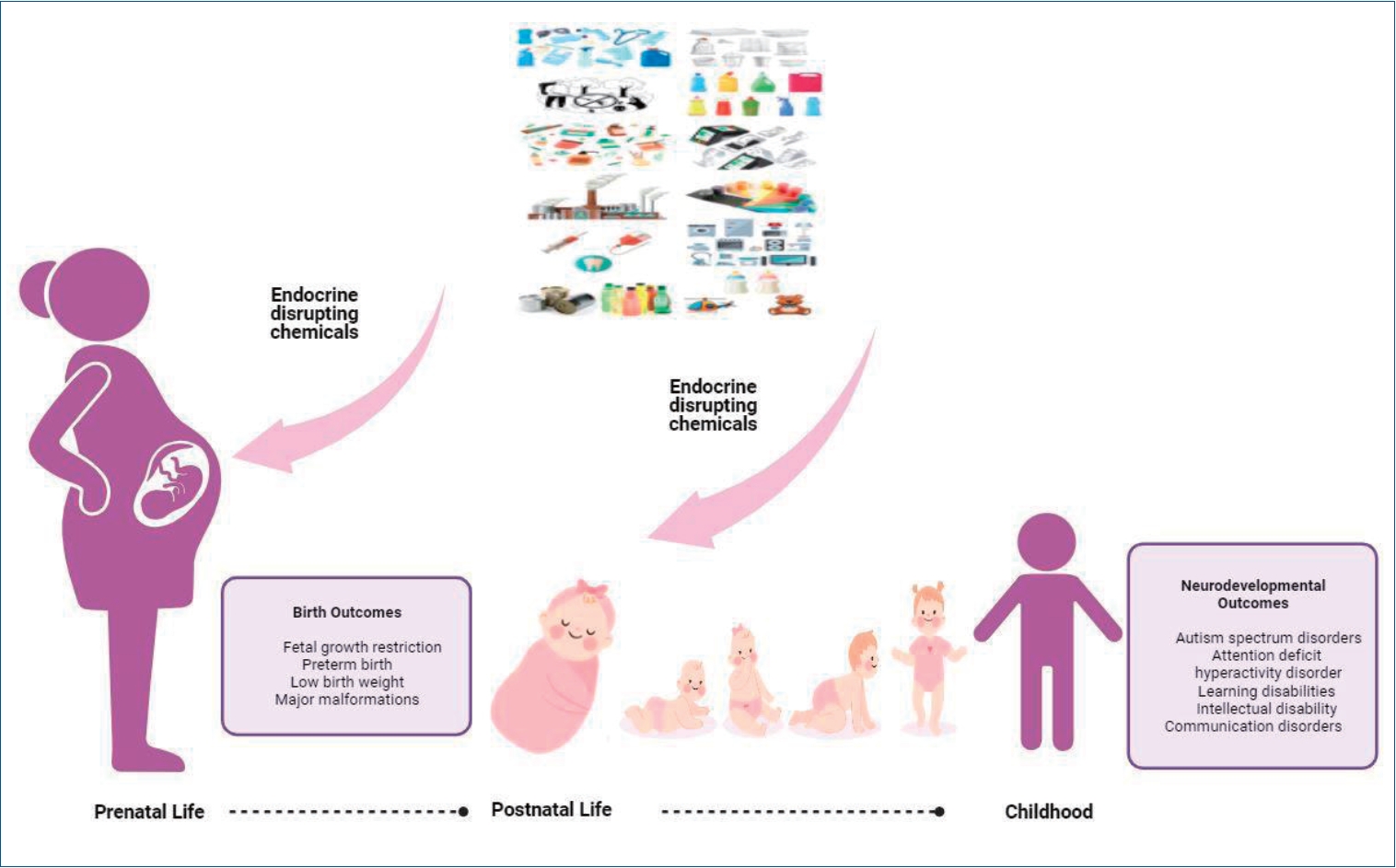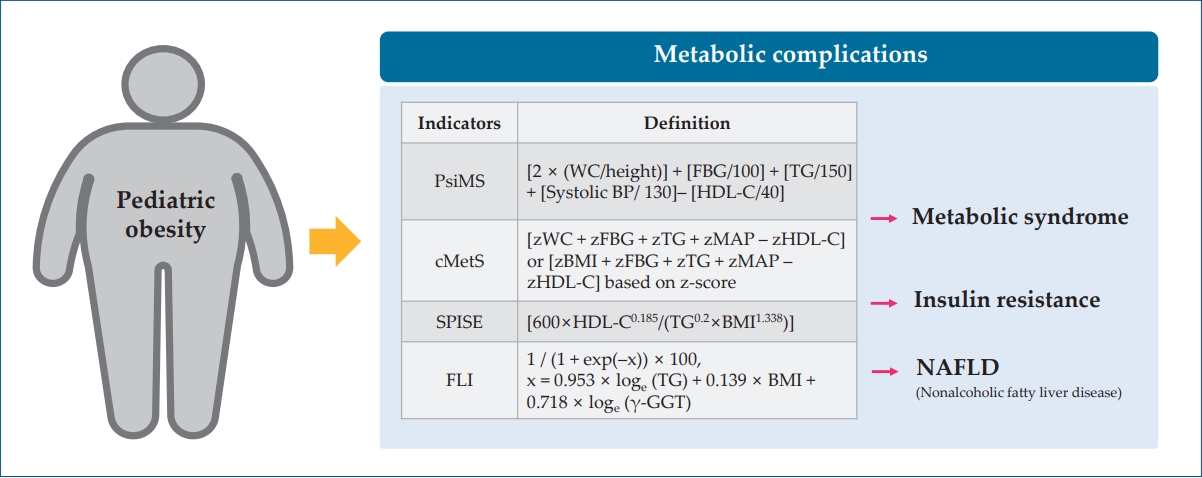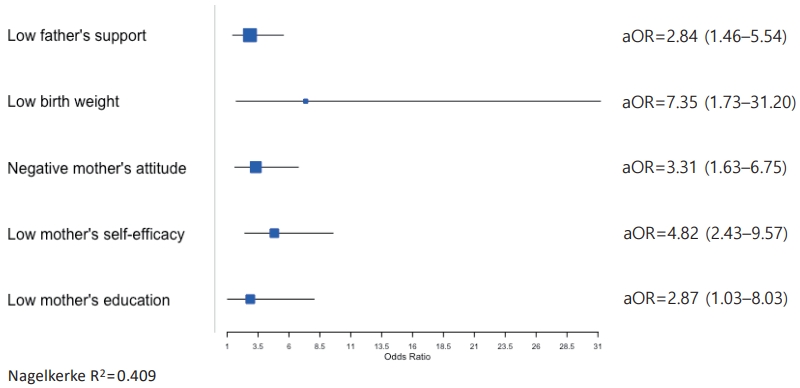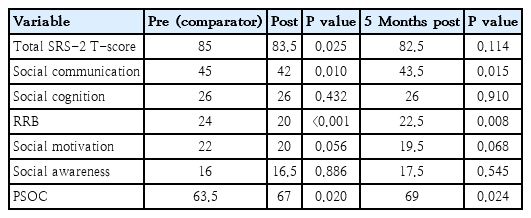Previous issues
- Page Path
-
- HOME
- BROWSE ARTICLES
- Previous issue
|
- Review Articles
- Editorial
- Original Article
- Letter to the Editor
-

-
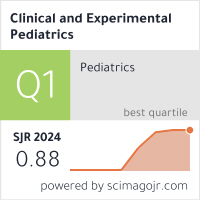
-
6.02024CiteScore98th percentilePowered by
-
Impact Factor3.6
-
- TOPICS
- ARTICLE CATEGORY





